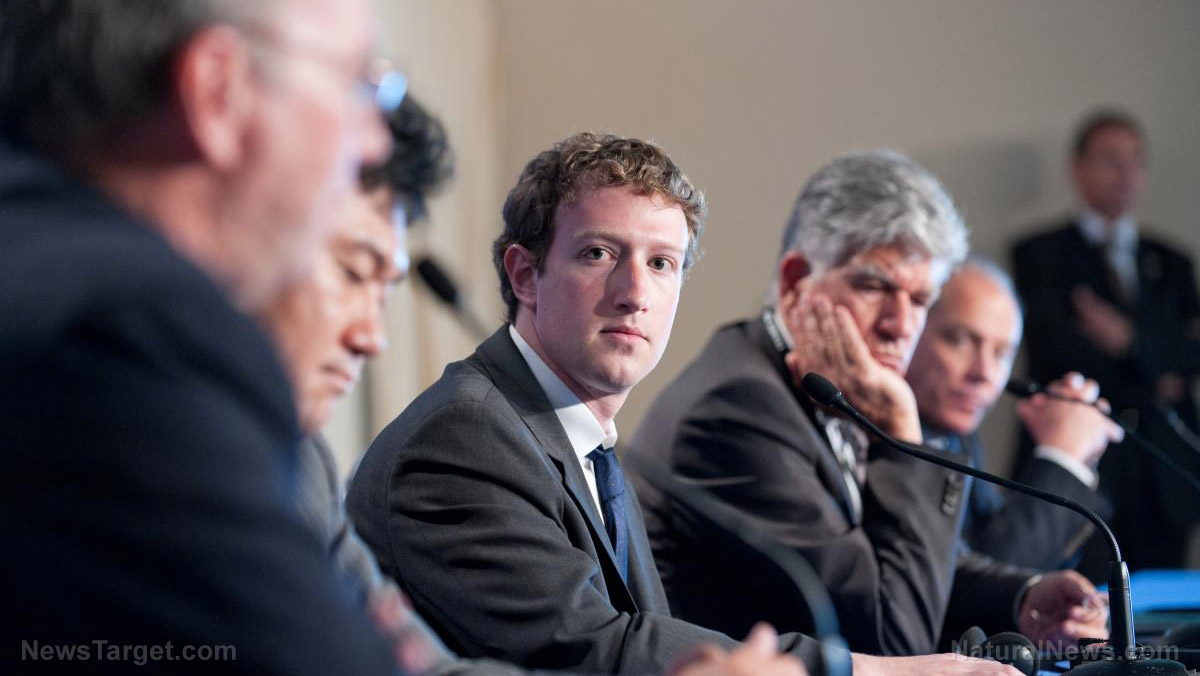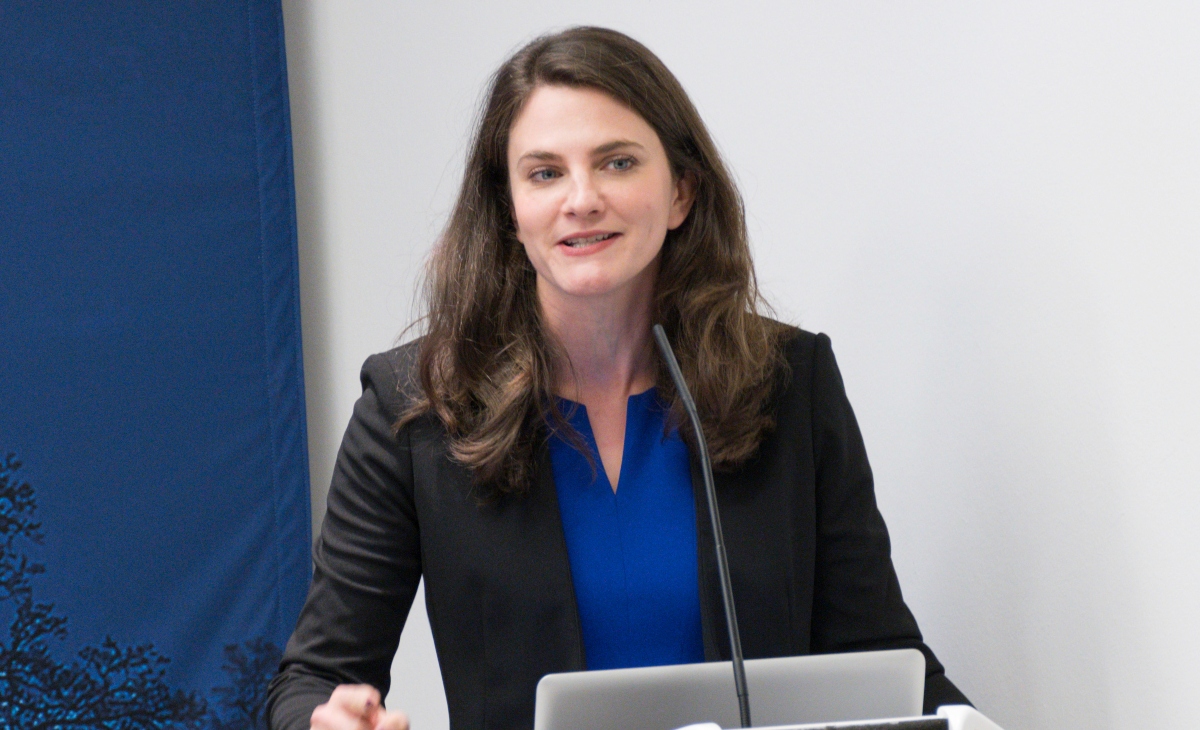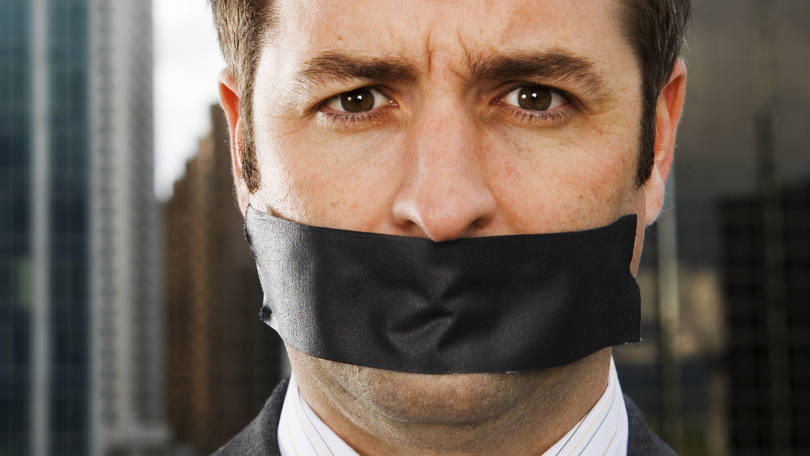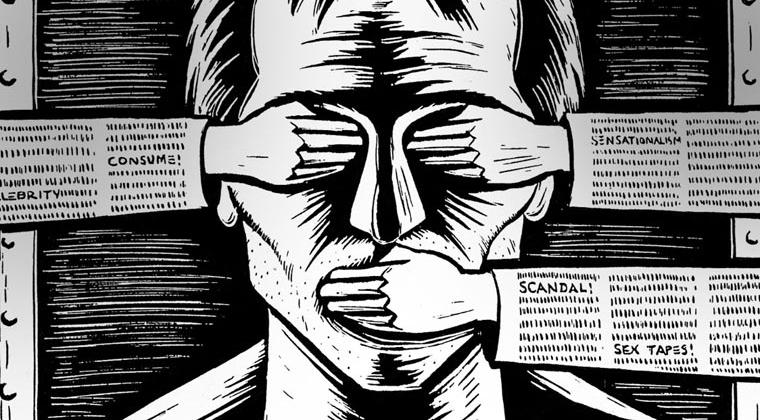Why Silicon Valley CEOs are such raging psychopaths
09/28/2020 / By News Editors

Maëlle Gavet, a 15-year veteran of the tech industry, recalls an unsettling conversation she had at a Silicon Valley cocktail party in 2017.
(Article by Eric Spitznagel republished from NYPost.com)
Gavet was chatting with an early investor at Uber and mentioned some of the disturbing news surrounding the company’s co-founder and CEO, Travis Kalanick. There were revelations about spying on passengers, sexual harassment, a toxic macho work culture, and according to Kalanick’s own friends, his “aspirational baller syndrome.”
The investor, Gavet told The Post, just laughed and said, “Oh, no, he’s so much worse than anybody knows.” Gavet was nonplussed, asking the investor why he chose to do business with somebody so unrepentantly awful.
“He may be an asshole,” the investor told her. “But he’s my asshole.”
This was just one of the many interactions that inspired Gavet to write her new book, “Trampled by Unicorns: Big Tech’s Empathy Problem and How to Fix It” (Wiley), out Tuesday. Though Kalanick was ousted as Uber’s CEO in 2017 and stepped down from the company’s board of directors earlier this year, his psychopathic behavior is all too common among Big Tech execs, Gavet writes.
According to the Hare Psychopathy Checklist — the universally accepted diagnostic tool used to assess this disorder — a psychopathic personality includes traits such as a grandiose sense of self-worth, a lack of remorse or guilt, poor behavioral controls, pathological lying and a lack of empathy.
These attributes aren’t just present “but celebrated in Silicon Valley,” says Gavet, who once held the position of executive vice-president of global operations for Priceline Group, among other roles.
News of bad behavior by Silicon Valley CEOs — from Elon Musk’s tweeting out misinformation about the pandemic to WeWork co-founder Adam Neumann now being probed by the New York state attorney general over allegations of self-dealing — has recently become so frequent, it’s considered normal.
Take Theranos CEO Elizabeth Holmes, known for her eerie lack of blinking and an allegedly faked baritone voice. Once a Silicon Valley darling, she became a self-made billionaire by promising her blood-testing company would revolutionize health care with innovative finger-prick tests that delivered quick, painless, cheap results. But her claims were a lie. She now stands accused of fraud and is reportedly planning to make an insanity plea when she goes to trial this March.
Through the power of her psychopathy, Holmes convinced many — including veteran investors and politicians — “of her ‘messianic vision’ to defy reality with her ‘miracle’ blood-testing kit,” Gavet writes.
Research by the FBI found that companies managed by psychopaths tend to have decreased productivity and low employee morale. In fact, Silicon Valley’s psychopathic traits “trickle down through entire organizations,” says Gavet. “In effect creating psychopathic companies.”
This is enabled by an “infantilized culture” at many start-up companies, where employees become accustomed to working in “hyper-privileged bubbles where their every whim is catered to and every need anticipated,” she writes.
At Google, for instance, employees are treated to nap pods, free massages and a luxury hotel-style concierge service to run errands. The biotech firm Genentech reportedly offers perks like on-site car washes, haircuts, spa treatments and even a dentist.
“By sheltering these guys in this little cocoon or womb, it kind of emphasizes that young male problem, where Mom takes care of everything,” says Richard Walker, professor emeritus of geography at the University of California, Berkeley, and a veteran Valley-watcher. “It’s kind of magical, where food just appears, and ‘If my treat isn’t there it’s because Mom forgot to provide it!’ ”
And it’s resulted in a serious lack of empathy, writes Gavet.
Read more at: NYPost.com
Submit a correction >>
Tagged Under:
Amazon, Apple, Big Tech, Censorship, Facebook, Google, lunatics, politics, psycho, psychopath, Silicon Valley, tech giants, Technocracy, Twitter
This article may contain statements that reflect the opinion of the author
RECENT NEWS & ARTICLES
COPYRIGHT © 2018 SPEECHPOLICE.NEWS
All content posted on this site is protected under Free Speech. SpeechPolice.news is not responsible for content written by contributing authors. The information on this site is provided for educational and entertainment purposes only. It is not intended as a substitute for professional advice of any kind. SpeechPolice.news assumes no responsibility for the use or misuse of this material. All trademarks, registered trademarks and service marks mentioned on this site are the property of their respective owners.



















